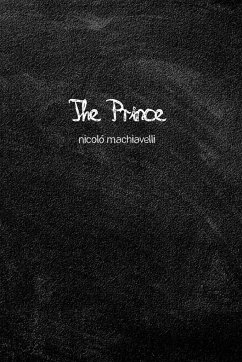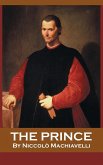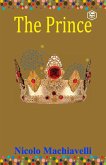Niccolò Machiavelli's The Prince is a 16th-century political treatise that has been controversial and influential for centuries. Written as a guide for new princes and royals, Machiavelli offers a candid and unflinching assessment of the realities of power and politics. Machiavelli rejects the traditional view that rulers should be guided by morality and ethics. Instead, he argues that princes must be willing to use any means necessary to achieve their goals, including deception, violence, and ruthlessness. He also emphasizes the importance of maintaining a strong military and of being feared by the people. The Prince is a brutally realistic and often cynical book, but it is also a brilliant and insightful analysis of power and politics. It has been read and studied by leaders and scholars alike, and it continues to be relevant today. Here are some of the key themes of The Prince:The ends justify the means: Machiavelli argues that princes should be willing to use any means necessary to achieve their goals, even if those means are immoral. The importance of maintaining a strong military: Machiavelli emphasizes the importance of having a strong military to deter enemies and maintain control over the people. The need to be feared: Machiavelli argues that princes should be feared by the people in order to maintain their power. The importance of deception and manipulation: Machiavelli advises princes to use deception and manipulation to achieve their goals. The Prince is a controversial book, but it is also a seminal work of political philosophy. It is essential reading for anyone who wants to understand the nature of power and politics.








